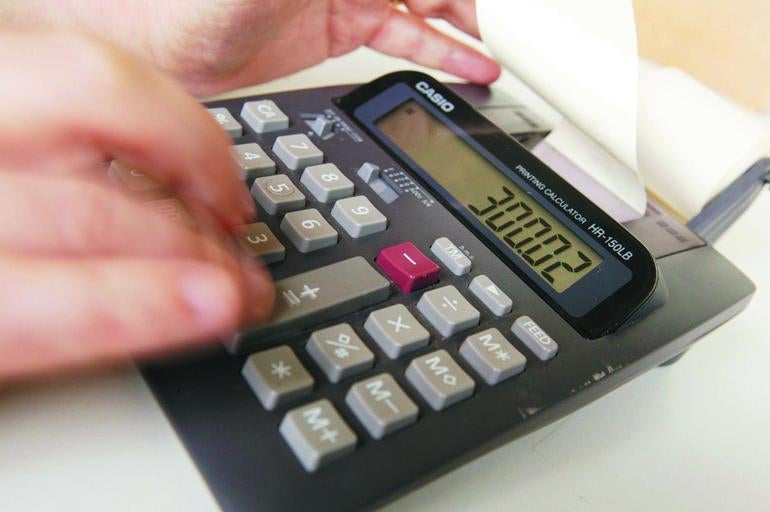
Despite its somewhat dry-sounding name, Companies House is a treasure trove of good stories. And you don’t need to be an accountant to read them.
The financial reporting rules for Britain’s largest companies – those with shares listed on the London stock markets (either with a full listing or on the junior Alternative Investment Market) – are generally well understood.
On the day of half-year or full annual results, the figures are available through the London Stock Exchange Regulatory News Service from 7am, and free from online services such as InvestEgate. The company itself will usually publish the results on its website.
But below these top few hundred businesses are some two million registered limited companies and limited liability partnerships, all of which must file their accounts at Companies House.
More than 300,000 new companies are also incorporated each year. These range from small family firms to the UK business vehicles for pop stars, entrepreneurs and even football tycoons and their clubs.
Companies House has offices in London, Cardiff and Edinburgh, but nowadays most accounts are accessed online. Only basic company information, such as address and incorporation dates, is available free on its website.
For the fuller accounts and the key filings, including appointments, mortgages and annual returns, there is a charge. Signing on at Companies House is free, but there is a monthly charge of £5 and an average screen charge of £1 to look at the more detailed information about company records.
How much information a company has to file depends on its size. So, for example, Marks & Spencer, one of Britain’s largest retailers and a member of the FTSE 100 index of top companies, might file an annual report and accounts for the main group that runs to nearly 80 pages, while a small company with an annual turnover of £5.6m or less will be required to submit much less information.
Private companies and partnerships have to file their accounts annually, nine months after the accounting reference date or financial year end. To help keep track of these businesses Companies House will send an alert as soon as they are available.
The balance sheet of a company tells you how healthy it is, what it owns in the way of assets and what it owes (its liabilities). You can find about the firm’s fixed assets such as land and buildings as well as what stock is in hand and how much cash is in the bank. These figures should be read in conjunction with the previous year’s figures.
Depending on the size of the company – and therefore the amount of information it publishes – important numbers include turnover, cash flow, pre-tax profits and provisions. It should also reveal the directors’ pay, political and charitable donations, and the company’s stand on issues such as the environment and corporate social responsibility.
It is quite common nowadays to find that the ultimate owners or beneficiaries of a company are based offshore. The most popular centres near the UK are the Channel Islands of Jersey and Guernsey, and the Isle of Man. The information available about these offshore companies is limited at best, with an added caveat over Jersey in particular.
There are a number of companies administered from Jersey but not registered there. Many choose the British Virgin Islands (BVI) for registration, which means there is no public record available. BVI provides no public data other than date of incorporation and local agents.
The company filings likely to yield the most useful information, besides the accounts, can be narrowed to just a few:
Company details: Registered office, date of incorporation and dates when the accounts must be filed
Appointments (Form 288): There are three types: a (New directors); b (Resignations); c (Change of details). From these it is possible to find out the ages and nationalities of the directors and cross-search for other directorships that might be held by the same people
Mortgages (495): This form specifies charges and loans on property and equipment
Annual Returns (363): Lists directors and shareholders
Form 88(2): Lists people who have been issued shares and at what price.
Email pged@pressgazette.co.uk to point out mistakes, provide story tips or send in a letter for publication on our "Letters Page" blog
